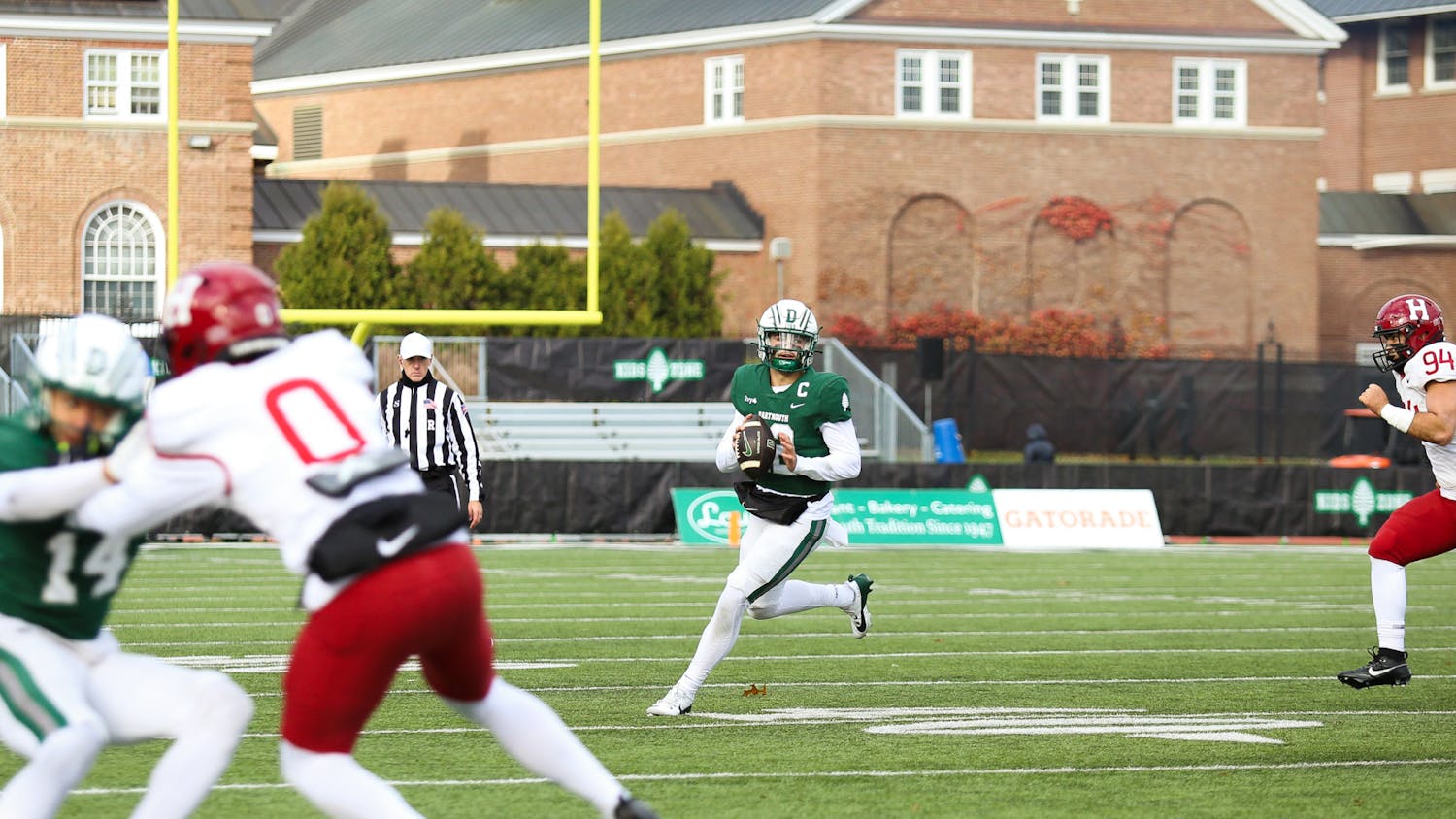Erica Barks-Ruggles, the former U.S. ambassador to Rwanda, joined Dartmouth’s faculty this August as part of the Dickey Center for International Understanding’s Magro Family Distinguished Visitors in International Affairs program for the fall term. The program invites experts in international politics to give lectures or teach full courses at Dartmouth, according to the Dickey Center.
Barks-Ruggles is currently teaching GOVT 85.50, “Diplomacy in a Complex World: Meeting Challenges, Creating Opportunity and Pushing for Peace.” The course is designed to focus on what Barks-Ruggles views as the four most important international challenges of today: climate change, increasing inequality, AI and emerging technologies and the rise in autocracy.
Barks-Ruggles’s focus has been centered on African nations, having served in senior diplomatic positions for 33 years in countries such as Nigeria, Rwanda and South Africa. Outside her ambassadorship, Barks-Ruggles also served as the consul general to South Africa and most recently led the successful U.S. effort to rejoin UNESCO, the United Nations’ lead institution on education standards and cultural preservation.
According to Arianna Graham-Gurland ’27, a student in Barks-Ruggles’s class, it would be fair “to say that [Barks-Ruggles] knows everything.”
“Every little thing in foreign policy that we bring up, every news story, every piece of history, or if someone mentions a declaration or treaty, she knows 10 more facts about it than we do,” Graham-Gurland said. “That’s inspiring, just to see the depth of her knowledge.”
Barks-Ruggles said she tries to learn as much as possible, noting that during her time in the foreign service, she “worked [her] tail off.”
“I learned that … since I didn’t have the academic background, I was going to have to go get it, and I kind of gave myself [the equivalent of] a master’s degree every two years [when I moved countries].”
According to Barks-Ruggles, understanding the culture, mindset and history of a nation are crucial skills for being a diplomat.
“If you haven’t taken the time to get to understand the history of … the people on the other side of the table from you, then that’s disrespectful, but it also disadvantages you because you don’t understand what they need and want,” she said.
The importance of learning — and the joy she finds in it — is one of the major points Barks-Ruggles explained she hopes students will take away from her course. It’s important for young people to “learn how to learn,” she added.
“Part of what diplomacy requires, and what this increasingly global world requires, is being able to learn and learn quickly and learn about topics that you know nothing about,” she said.
To Barks-Ruggles, the capacity to learn and be curious is more important than being sure of a specific career path, especially because it’s increasingly common — and necessary — to change career paths throughout your life.
“You don’t have to know what you’re doing when you leave college,” she said. “Part of the beauty of what our country offers young people is a huge opportunity to go out there and explore and recreate themselves over and over and over again as you understand what excites you, what you’re good at, what you enjoy and how you learn and how you’re changing.”
In fact, Barks-Ruggles herself became a foreign service officer almost by accident. After taking the foreign service exam on a whim, she went on a seven-month backpacking trip while awaiting her results. She returned home with an offer for a position in the Foreign Service. Her time backpacking in Africa inspired her to give it a try for five years — which turned into a decades-long career.
“I always said, when it stops being fun, when I stop learning and when I stop contributing, those are my three criteria for my job, then I’ll go do something else,” Barks-Ruggles said. “And it never stopped being fun, I never stopped learning and I never stopped contributing. So that’s why I stayed.”
For students like Graham-Gurland, who do not yet have a definite career path, this seemingly unusual start to such a high-flying career is encouraging
“It’s reassuring to know there are a lot of different places I can start out and end up with a similar outcome,” she said. “There’s no one right or wrong way to get into foreign service or international relations.”
Despite the joys of the job, Barks-Ruggles added that life as a foreign service officer is not without its difficulties.
“Anyone who’s in the diplomatic corps will tell you that they’re not always quite sure where home is,” she said. “That’s just part of the life, and you have to get used to it.”
The students in her class certainly feel fortunate to have Barks-Ruggles at Dartmouth for the term. Manu Gupta ’27 felt “inspired by her journey and how she has interacted with the diplomatic world.”
“It’s really been amazing to learn [from her] as well as hear her perspective and ideas on these big issues like climate change and rising inequality, and how policy and diplomacy can help address that,” he said.
Barks-Ruggles’s perspectives on global issues have also informed her classroom environment, which according to Graham-Gurland, is an “atmosphere of open dialogue with constructive feedback.”
“It’s been the most inclusive, supportive [government] class I’ve been in yet,” she said. “I think we all gravitated towards someone with this kind of knowledge because we care about the subjects that she’s teaching us, and that means we care about the learning more than competing for a certain grade.”




